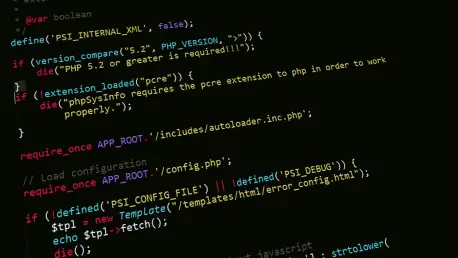MIT researchers, collaborating with others, have developed improved methods for generating AI code across various programming languages. This advancement enhances the efficiency and reliability of Large Language Models (LLMs), targeting applications in molecular biology, database queries, and robotics.
The core issue addressed is the tendency of current LLMs to produce code that is structurally and semantically flawed. Existing methods often ensure code adherence to syntax at the expense of the model’s intended purpose. In response, researchers have introduced a probabilistic approach using sequential Monte Carlo techniques. This dynamically guides LLMs to prioritize accurate outputs, allowing smaller models to outperform their larger counterparts by focusing on promising computational paths and discarding less viable ones early.
The study highlights the consensus in the research community on the need for more efficient AI-generated coding methods. The MIT-led approach ensures coherence and meaningful outputs by integrating structural constraints and expert knowledge into the LLMs without extensive computational delays. This makes AI tools more accessible to non-experts and enhances their usability in diverse fields such as business, where complex SQL queries can be generated using natural language.
Overall, this research signifies a breakthrough in AI coding capabilities. It emphasizes efficiency and accessibility, enabling broader applications of AI tools while ensuring outputs are accurate and reliable, thus streamlining computational processes and democratizing AI technology.









